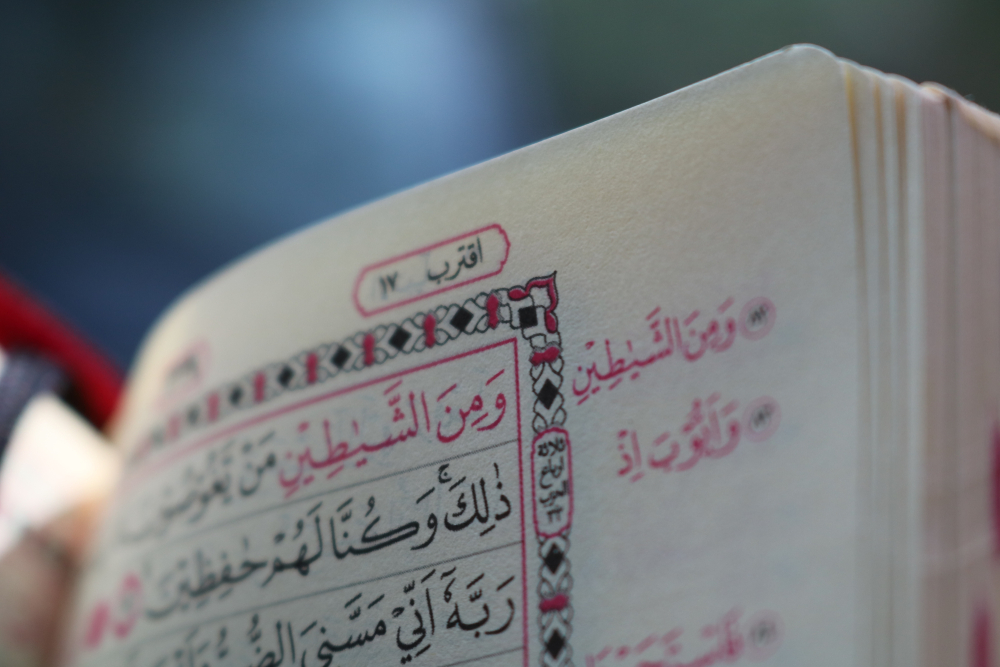Stellar Becomes First Crypto Protocol to Obtain Sharia Certification

Stellar, the seventh-largest cryptocurrency network, has become the first digital ledger technology (DLT) protocol to obtain Sharia certification for payments and asset tokenization.
The Stellar Development Foundation announced on Tuesday that, following a review of the technology’s properties and applications, the Shariyah Review Bureau (SRB) had certified Stellar as a Sharia-compliant vehicle for conducting monetary transfers and tokenizing real-world assets.
According to the foundation, this certification from SRB — which is licensed by the Central Bank of Bahrain and operates an international Sharia consulting practice — will enable Stellar to forge partnerships with Islamic financial institutions throughout the Middle East and Southeast Asia.
From the announcement:
“In partnership with SRB, this certification will help grow the Stellar ecosystem in regions where financial services require compliance with Islamic financing principles. For example, Islamic financial institutions in the Gulf Collaboration Council (i.e. Bahrain, Kuwait, Oman, Qatar, Saudi Arabia, UAE) and parts of Southeast Asia (e.g. Indonesia and Malaysia) will now be able to integrate Stellar technology in their Sharia-compliant product and service offerings.”
The SRB laid out its justification for awarding Stellar a Sharia certification in a 16-page document , which measured the cryptocurrency and its applications against standards published by the non-profit Accounting and Auditing Organizations for Islamic Financial Institutions (AAOIFI).
The SRB concluded:
“Based on provided information, SRB conducted its review on the Network’s guides, concepts and related material and did not find any provisions that are non-congruent to the principles of Shari’a. However, the users of the Network seeking to attain Shari’a compliance should take note that merely following the attached guidelines does not automatically ensure compliance to Shari’a.”
Cryptocurrency has long been a topic of debate among Islamic scholars, as some have questioned whether the asset class’ pervasive price volatility makes trading tantamount to usury, which is forbidden under Sharia law.
Earlier this year, however, Islamic scholar Mufti Muhammad Abu Bakar, a Sharia compliance officer at Jakarta-based investment firm Blossom Finance, published a paper arguing that bitcoin is Halal (permitted) for investors since it is recognized as a legal currency in some countries and widely accepted for payment in others.
Featured Image from Shutterstock